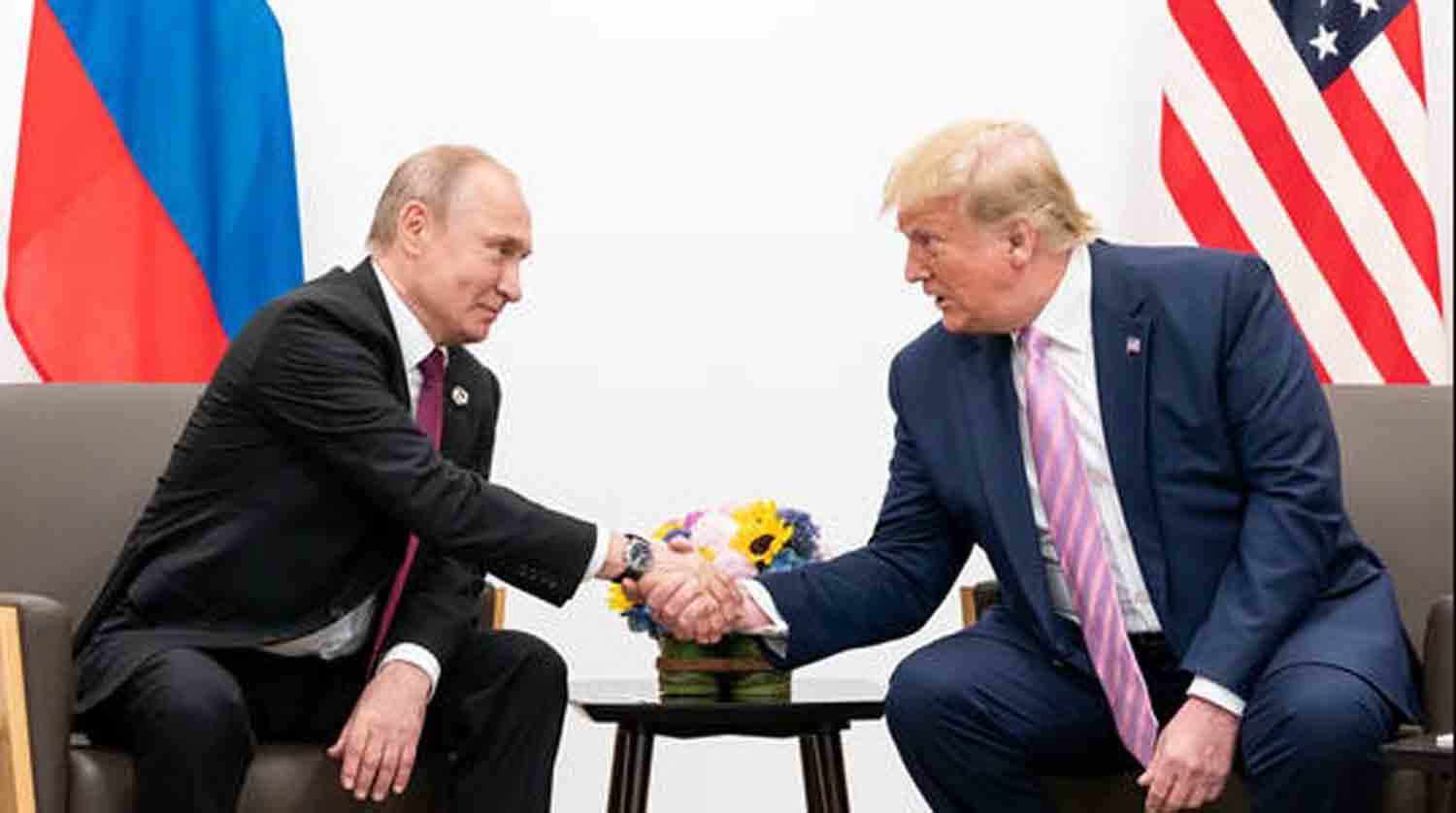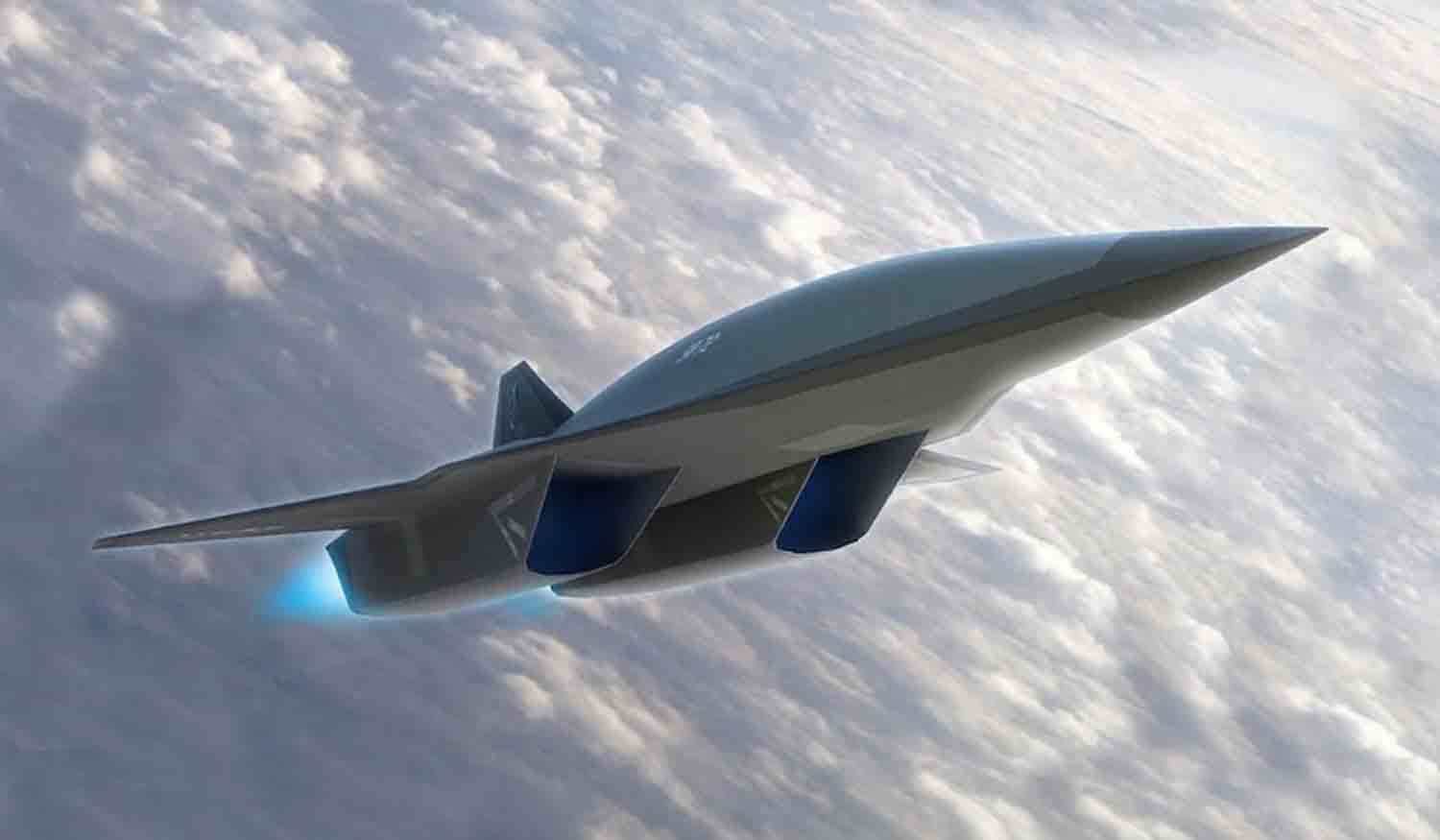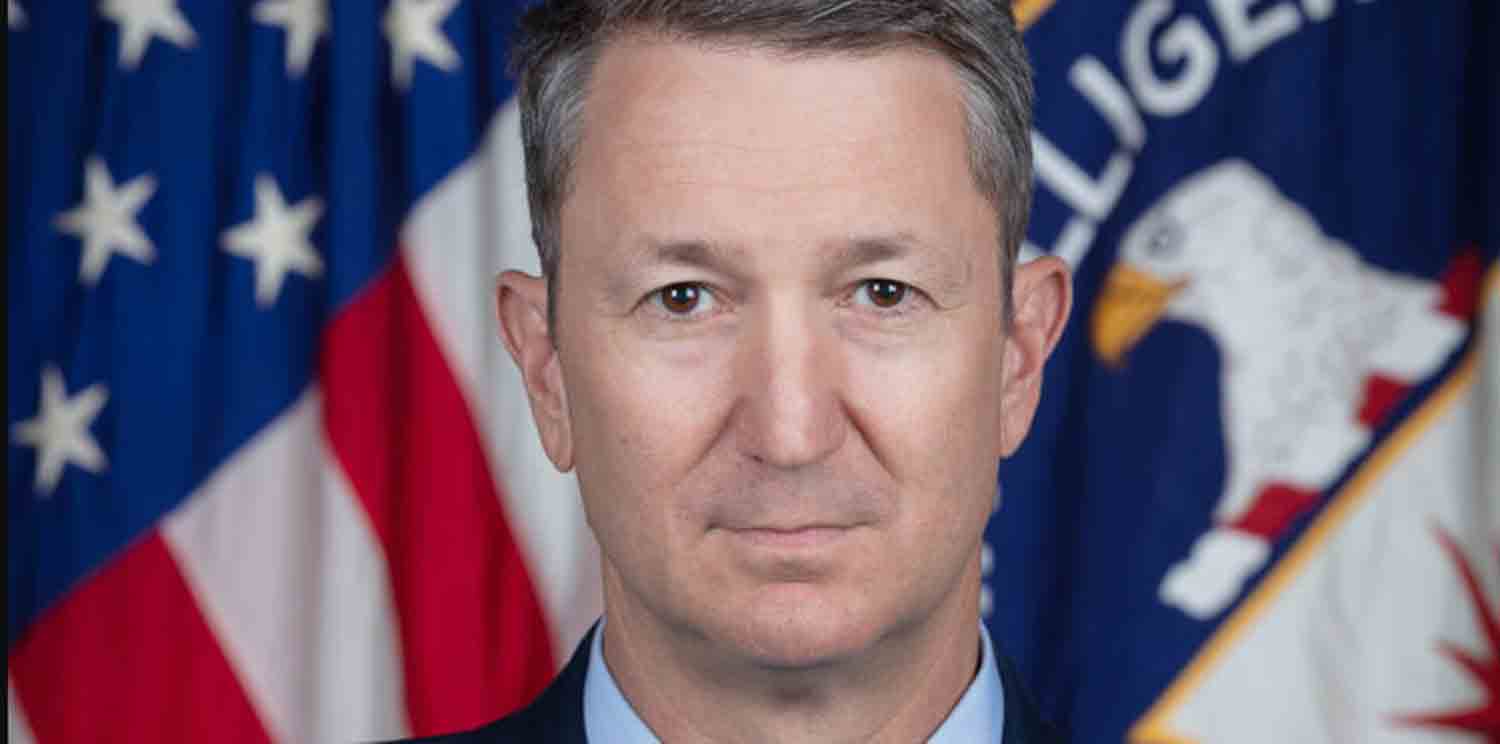U.S. President Donald Trump is advocating for a peaceful resolution to the ongoing full-scale conflict in Ukraine, which has persisted for three years. Think tanks have suggested a range of strategies designed to create a lasting peace in the region
Maximum Pressure Strategy
The Center for European Policy Analysis (CEPA) has put forward a plan titled “How to Win: A Seven-Point Plan for Sustainable Peace in Ukraine,” which emphasizes a “maximum pressure strategy” to encourage Russia to engage in sincere negotiations.
The plan suggests that the U.S. and its allies should:
– Provide immediate, unconditional material support to Ukraine to deplete Russia’s military capabilities, thereby enhancing Ukraine’s leverage in negotiations.
– Intensify sanctions against Russian financial institutions and the energy sector, release frozen Russian assets to aid Ukrainian defense and reconstruction efforts, and implement secondary sanctions to increase economic pressure not only on Russia but also on authoritarian regimes in China, Iran, and North Korea.
CEPA asserts that any peace negotiations with Russia must involve “Ukraine and Europe,” and recommends that the U.S. back “a European-led coalition of the willing” to oversee any ceasefire with an international force. Additionally, it emphasizes the need for European allies to make swift and consistent progress toward Ukraine’s integration into the European Union.
Catherine Sendak, the director for transatlantic defense and security at CEPA and one of the authors of the report, stated to VOA’s Ukrainian service that the United States should engage in discussions with Russia only after ensuring that Ukraine is provided with the most robust support possible and employing its most effective diplomatic strategies.
She emphasized that the topic of Ukraine’s potential NATO membership should be excluded from negotiations with Russia. “Bringing that up with a non-NATO member is not beneficial to any discussions,” Sendak remarked, highlighting that it would grant Russia undue influence over the decision of which countries can join the alliance.
Negotiation Strategies
Josh Rudolph, a senior fellow at the German Marshall Fund and leader of its Transatlantic Democracy Working Group, previously worked on Russian and Ukrainian policy at the National Security Council during the initial Trump administration.
Last month, he provided policy suggestions to the current Trump administration aimed at resolving the conflict in Ukraine.
His recommendations included:
“Engage [Russian President Vladimir] Putin from a position of strength. While Putin appeared formidable at the beginning of Trump’s first term, his miscalculations in Ukraine have weakened him. In this dynamic, Trump should assert control over the negotiation framework, not Putin.”
“Recognize when to withdraw. A pivotal moment in the negotiations will arise if Putin is unwilling to make significant concessions. Trump must be ready to exit the talks.”
“Integrate sanctions with reduced oil and gas prices. The most effective way to demonstrate to Putin that continuing his aggression in Ukraine would jeopardize his regime is to apply financial pressure on Russia. By leveraging his more favorable relationship with Saudi Arabia compared to [former President Joe] Biden, Trump could increase fossil fuel supply, making sanctions more effective, undermining Russia’s military efforts, and creating political instability in Moscow.”
Rudolph advocated for fully equipping Ukraine, suggesting the allocation of all $300 billion in Russia’s frozen assets, urging Europe to increase its financial contributions for weaponry, and proposing the deployment of 100,000 troops as peacekeepers. He also emphasized the importance of facilitating American companies in the reconstruction of Ukraine and recommended inviting Ukraine to join NATO if Putin declines to accept reasonable terms for a peace agreement.
In an interview with VOA, Rudolph expressed that Trump could persuade those in the U.S. who are currently hesitant about ongoing military support for Ukraine, arguing that such support as part of a peace agreement would ultimately benefit American workers.
He stated, “He can assure them that we have secured a favorable deal backed by rare earth minerals, which has brought an end to the conflict. To maintain this stability, we will need to continue supplying American-made weapons, which, in turn, generate numerous jobs and support facilities and factories in red states.”
Highlighting economic advantages
A report titled “Dollars and Sense: America’s Interest in a Ukrainian Victory,” authored by Elaine McCusker, Frederick W. Kagan, and Richard Sims from the American Enterprise Institute, analyzed the implications of ceasing support for Ukraine. The findings indicated that such a move would likely result in Ukraine’s defeat and allow Russia to extend its influence further into Europe, necessitating an increased U.S. military presence in the region.
Key conclusions from the report include:
“Supporting Ukraine to achieve victory against Russia aligns with the best interests of the United States.”
“A scenario where Russia emerges victorious would pose greater dangers and incur higher costs for America, potentially requiring an additional $808 billion in defense spending over the next five years.”
“Conversely, a strengthened and expedited multinational commitment to Ukraine, leading to a swift conclusion of the conflict, would result in a robust and free Ukraine with a modernized military and a flourishing industrial sector, contributing to European stability.”
Frederick Kagan, in an interview with VOA, stated that a Russian triumph in Ukraine would signify a win for Iran, China, and North Korea, potentially fostering increased aggression in their respective areas. It would also enable Russia to strengthen its military by acquiring additional personnel and resources from Ukraine.
Kagan noted that a Russian annexation of Ukraine would likely result in a significant influx of refugees into Europe, exacerbating instability across the continent.
He remarked, “The atrocities committed against the Ukrainian population in occupied territories are alarming. I anticipate that these actions will escalate as Russian forces advance further west, particularly into regions of western Ukraine that are traditionally anti-Russian and pro-Western. The resulting horrors will be unimaginable.”
Kagan emphasized that enhanced support for Ukraine could transform it into a stronghold for European peace and security, featuring a well-trained military and a rapidly advancing defense industry, thus allowing the U.S. to redirect its focus to other global areas.
Balanced approach
The Heritage Foundation’s “Project 2025 Presidential Transition Project” offers policy suggestions related to the ongoing conflict between Russia and Ukraine.
The American conservative movement is currently divided regarding Ukraine, with one faction advocating for support of Kyiv and another suggesting a withdrawal. A compromise approach has been proposed.
Among the recommendations from Project 2025 are:
“U.S. involvement in Ukraine should be fully funded, limited to military assistance while European allies manage Ukraine’s economic requirements, and guided by a clearly articulated national security strategy that prioritizes American lives.”
“Despite differing opinions, there is a consensus that Putin’s invasion of Ukraine is unjust and that the Ukrainian people have the right to defend their nation. This conflict has significantly diminished Putin’s military capabilities and strengthened NATO’s unity and relevance for European countries.”
“The next conservative president has a unique opportunity to resolve the foreign policy divisions within the movement and establish a new direction that identifies Communist China as the primary threat to U.S. interests in the 21st century.”
James Carafano, a national security expert at The Heritage Foundation overseeing its defense and foreign policy initiatives, stated to VOA that it is in the U.S. interest to support a free and independent Ukraine capable of self-defense.
“Practically speaking, a united Europe can defend itself, and the United States can protect Europe if Ukraine falls under Russian control. That said, are we significantly better off with the Russians on the other side of Ukraine? The answer is ‘absolutely.’”
Discover more from Defence Talks | Defense News Hub, Military Updates, Security Insights
Subscribe to get the latest posts sent to your email.





